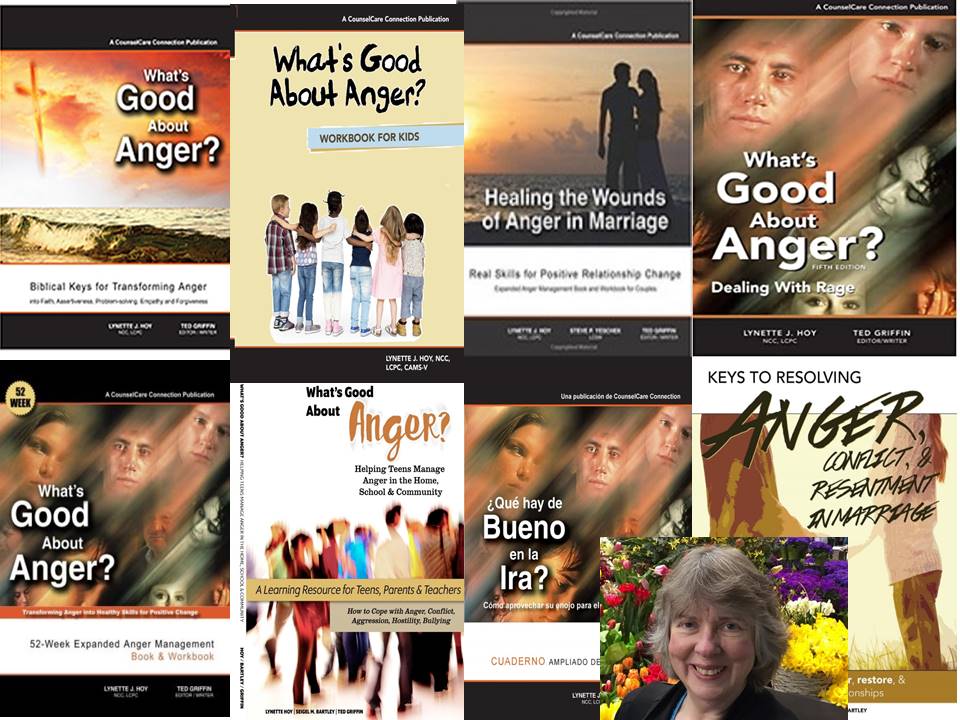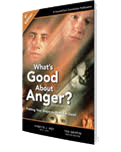
 Stop the Victim Syndrome
Stop the Victim Syndrome
How to Deal with an Abusive Relationship © 2011 Lynette J. Hoy, NCC, LCPC
1. First take the initial Am I in an Abusive Relationship Inventory?
There are many different steps one has to take to when in an abusive relationship.
2. If the relationship is life-threatening, you must get help and protect yourself and any children from harm.
Don’t keep telling yourself, things will change. After all, that is just what many battered women have regretfully told themselves and are now dead or suffering the consequences of serious injury.
You can contact the local police department or the local domestic violence agency in your community. In many states in the USA the number for the police is 911.
National Domestic Violence hotline 1-800-799-7233
International Domestic Violence Agency listings.
Sarah’s Inn (Oak Park, Illinois) 1-708-386-4225 (24 hour hotline)
Illinois Coalition Against Domestic Violence resources: Illinois state Crisis line: 1-800-252-6561
3. After taking the inventory, write out the top five behavior problems your spouse or significant other is demonstrating towards you.
Ask yourself: are any of these behaviors life-threatening?
Are there any verbal threats or physical behaviors which threaten my physical well-being?
If you have answered yes, then, please call the National Domestic Violence hotline above or your local police department now.
If you are not suffering any violence or threats of physical violence then, continue on in the course at this time.
There are several aspects to the Stop the Victim Syndrome! Course:
1. evaluating the situation/abuse,
2. discovering the biblical perspective on your relationship,
3. your response and behavior in your relationships,
4. improving your support,
5. meeting your personal needs: emotionally and physically, and spiritually
6. taking personal steps to change.
The Problem:
You are taking this course because you are feeling distress, anxiety, possibly some depression and confusion about this disappointing relationship. Anyone in an abusive relationship will experience some of these symptoms and feelings.
You may be asking “How did I get myself into a relationship like this?” That is what most people ask who are experiencing some form of abuse.
You probably blame yourself and feel helpless most of the time. It is important to let yourself feel these emotions and express them to someone you can trust: a pastor, counselor or confidante. It is also important that you work through these emotions and get to a better place in your life.
How did this problem/pattern start?
You may come from a family with a history of abusive relationships. Maybe one of your parents modeled the victim role to you. Or maybe you were abused verbally, physically or sexually as a child and you learned that you couldn’t fight back. You learned that the abuse would not stop unless you retreated and kept silent. Somehow, you learned the victim role and have continued to stay passive.
This has affected your self-esteem and relationships and it probably has affected your faith. You may find you can’t trust God or people. You can’t even trust yourself.
Your perspective on life may be: “I can’t make things happen”; “I can’t change my situation or relationships”; and “I have no power”.
What the Bible says about the victim syndrome:
David writes in Psalm 10:12-15 a prayer about perpetrators and victims:
“Arise, LORD! Lift up your hand, O God. Do not forget the helpless. Why does the wicked man revile God? Why does he say to himself, “He won’t call me to account”? But you, O God, do see trouble and grief; you consider it to take it in hand. The victim commits himself to you; you are the helper of the fatherless. Break the arm of the wicked and evil man; call him to account for his wickedness that would not be found out”. NIV
“I hate a man covering himself with violence as well as with his garment.” Malachi 2:16
Paul writes in 2 Tim 1:7 about the Spirit of Power He gives to His people:
“For God did not give us a spirit of timidity, but a spirit of power, of love and of self-discipline.” NIV
These following conclusions and truths can be drawn from these few verses:
1. You can ask God for help.
2. God will be your advocate and helper….. He cares. He hates violence. He will punish the evil-doer.
3. You can commit yourself to God.
4. When you become/became a Christian, His Spirit indwelt you and His Spirit is powerful, etc.
5. The perpetrator will be called into account by God.
6. God does want you to act like a victim and live in fear. Read about How to Know God Personally.
Please reflect on these application questions:
How have you been acting passively or like a victim in the relationship which is troubling you? Look back on the Am I in an Abusive Relationship Inventory?
Make a Domestic Violence: Safety Plan
If you need help now call 911 for police protection in most states in the USA. Protect Yourself and Your Child. Get counseling and advocacy by contacting a domestic violence agency near you. If you live in the USA call the National Domestic Violence hotline at : 1-800-799-7233 . If you live outside the USA see the International Domestic Violence Agency listings.
File for an Order For Protection (OFP) which is a court order that will help to protect you from domestic abuse. An Order For Protection tells the abuser to stop harming or threatening you.
The law protects children in this country from physical, emotional/mental, sexual abuse and neglect. Look up resources for children at ChildHelpUSA or call them at: 1-800-4A-Child. Check out the ChildAbuse.org site as well.
Get support. The domestic violence agency in your area may have a support group you can participate in. A group like this can give you perspective on your situation, hope for the future and help you learn skills to protect yourself.
Read the Domestic Violence, and Assert Yourself! articles next.
